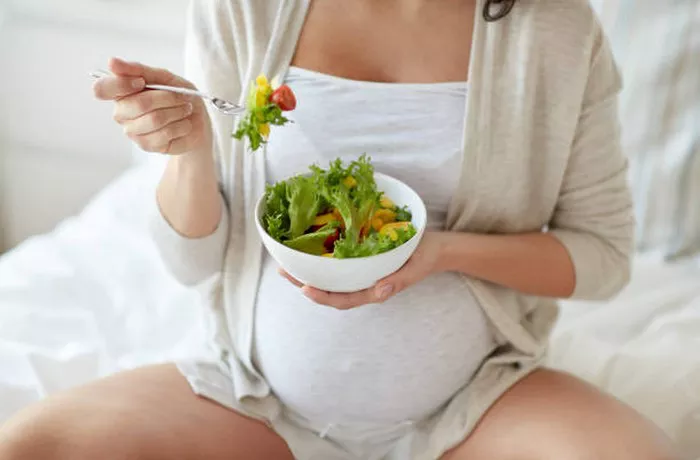A recent Danish study published in The BMJ reveals that long-term exposure to fine particulate matter (PM2.5) air pollution is associated with an increased risk of infertility in men, while road traffic noise appears to elevate infertility risks in women over the age of 35. These findings, if validated by future research, could inform public health strategies aimed at regulating environmental pollutants to safeguard reproductive health.
Infertility is a significant global health issue, affecting approximately one in seven couples attempting to conceive. Previous studies have established negative correlations between particulate air pollution and sperm quality, as well as success rates following fertility treatments. However, the impact of air pollution on fecundability—the likelihood of conceiving—remains inconsistent, and the effects of transportation noise on infertility have not been thoroughly explored.
To address these gaps, researchers investigated the relationship between long-term exposure to road traffic noise and PM2.5 pollution and the risk of infertility among men and women. The study utilized national registry data from 526,056 men and 377,850 women aged 30-45 years, all of whom had fewer than two children and were cohabiting or married in Denmark between 2000 and 2017. This demographic was selected to include a substantial number of individuals actively trying to conceive and thus at risk for infertility diagnoses.
Individuals with pre-existing infertility diagnoses, as well as women who had undergone surgeries that prevent pregnancy and men who were sterilized, were excluded from the study. The researchers calculated yearly average PM2.5 concentrations and road traffic noise levels at each participant’s address from 1995 to 2017 and recorded infertility diagnoses from the national patient register.
Over an 18-year follow-up period (averaging just over four years), infertility was diagnosed in 16,172 men and 22,672 women. After adjusting for various factors, including income, education, and occupation, the study found that a 2.9 µg/m³ increase in average PM2.5 levels over five years was linked to a 24% higher risk of infertility in men aged 30-45. In contrast, PM2.5 exposure did not correlate with infertility in women.
For women older than 35, exposure to an average increase of 10.2 decibels in road traffic noise over five years was associated with a 14% higher risk of infertility. However, this noise exposure did not appear to affect younger women aged 30-35. Among men, road traffic noise was linked to a slight increase in infertility risk for those aged 37-45, but not for younger men aged 30-37.
The heightened risk of infertility associated with noise in women and PM2.5 pollution in men was consistent across rural, suburban, and urban populations, as well as among individuals of varying socioeconomic statuses.
While this study is observational and cannot definitively establish causation, the researchers note that some couples not actively trying to conceive may have been included, and data on lifestyle factors and exposure to pollution during work and leisure was not available. Nevertheless, the extensive dataset relied on robust health and residential information, and the researchers employed validated models to assess pollution and noise levels, accounting for a range of significant social and economic factors.
The researchers conclude that if their findings are confirmed in subsequent studies, implementing policies to mitigate air pollution and noise could be vital for improving birth rates in developed countries.
Related Topics:
-
From Uterus To Middle Age: Prenatal Immune Disorders Reshape Memory And Cognitive Aging
-
Prenatal Marijuana Exposure Is Associated With Increased Risk Of Opioid Addiction In The Future

